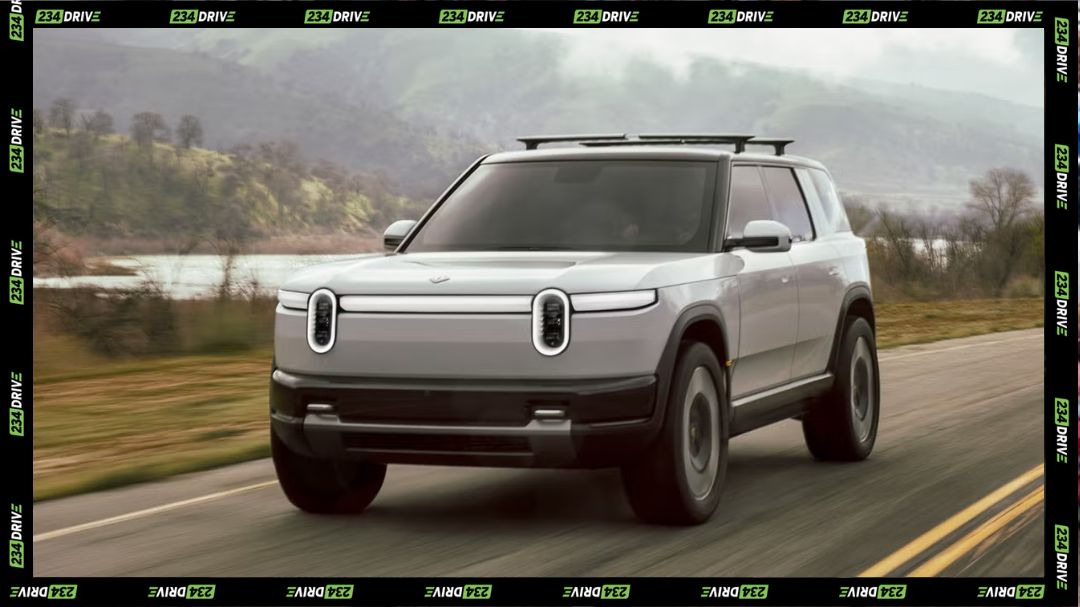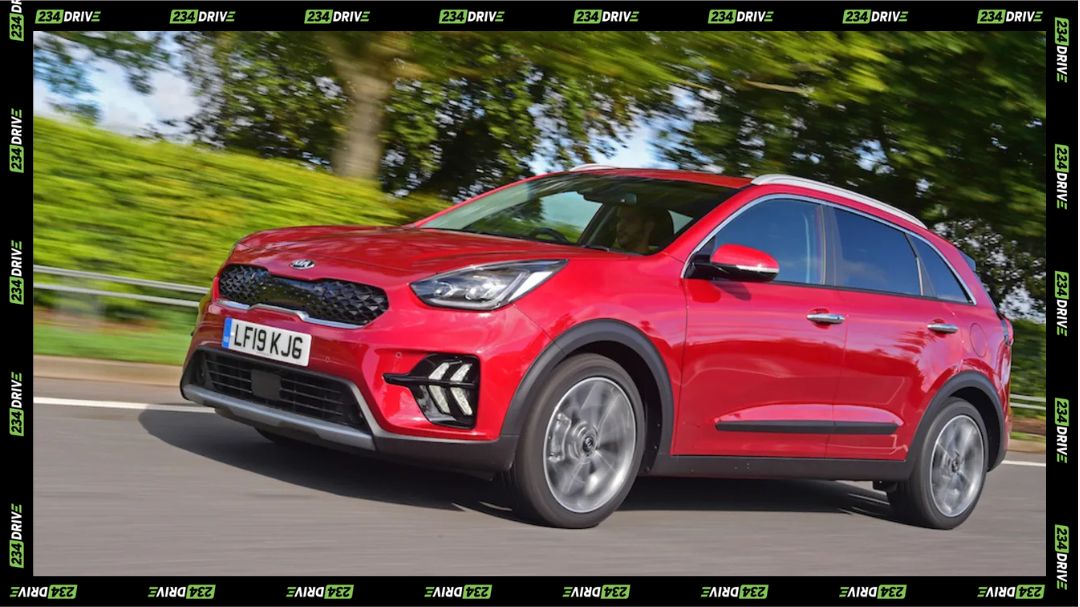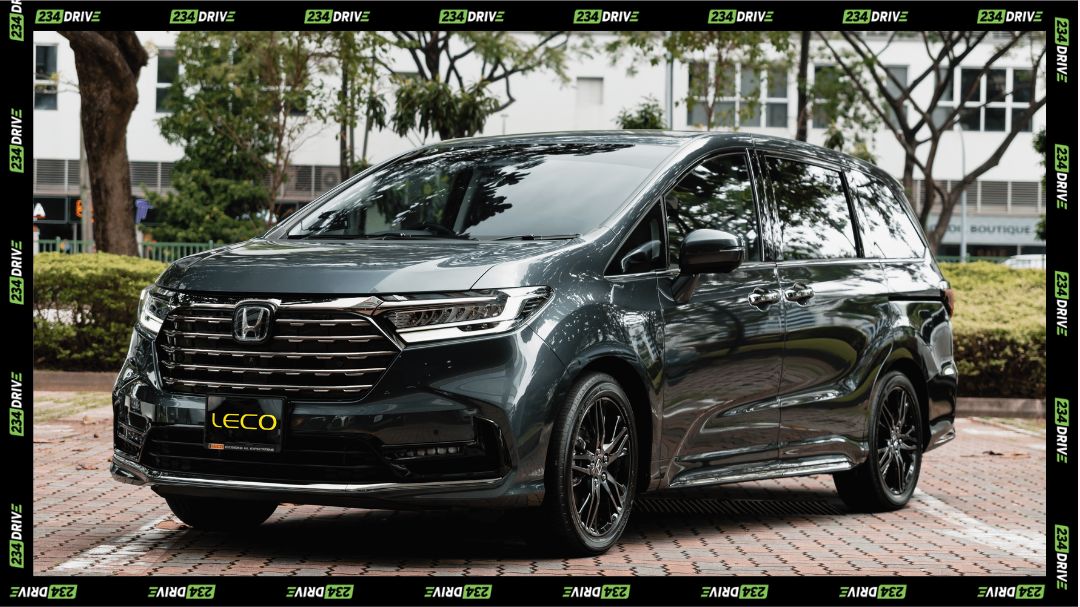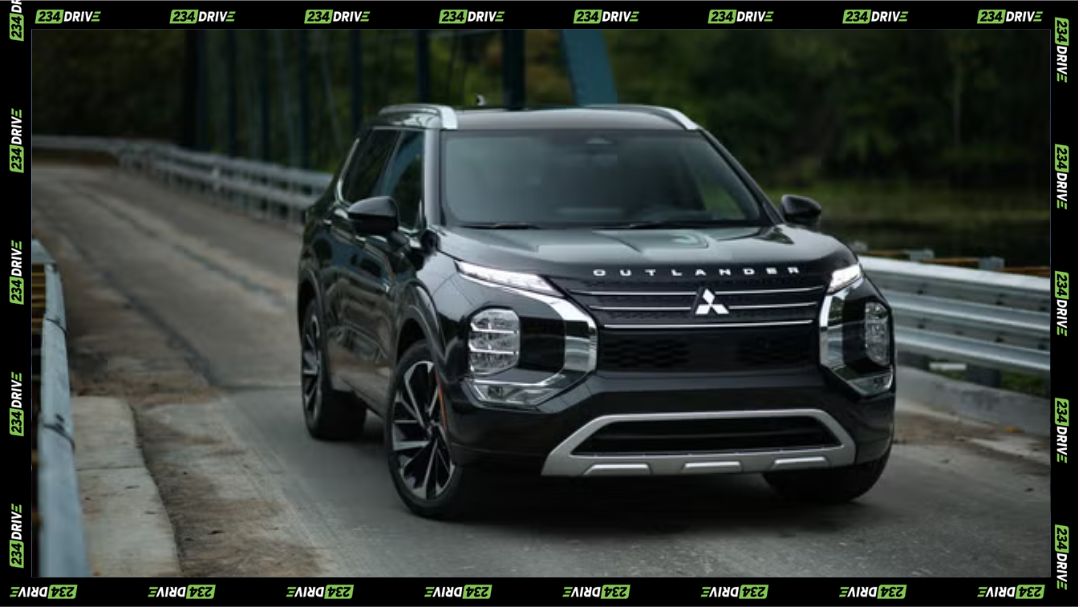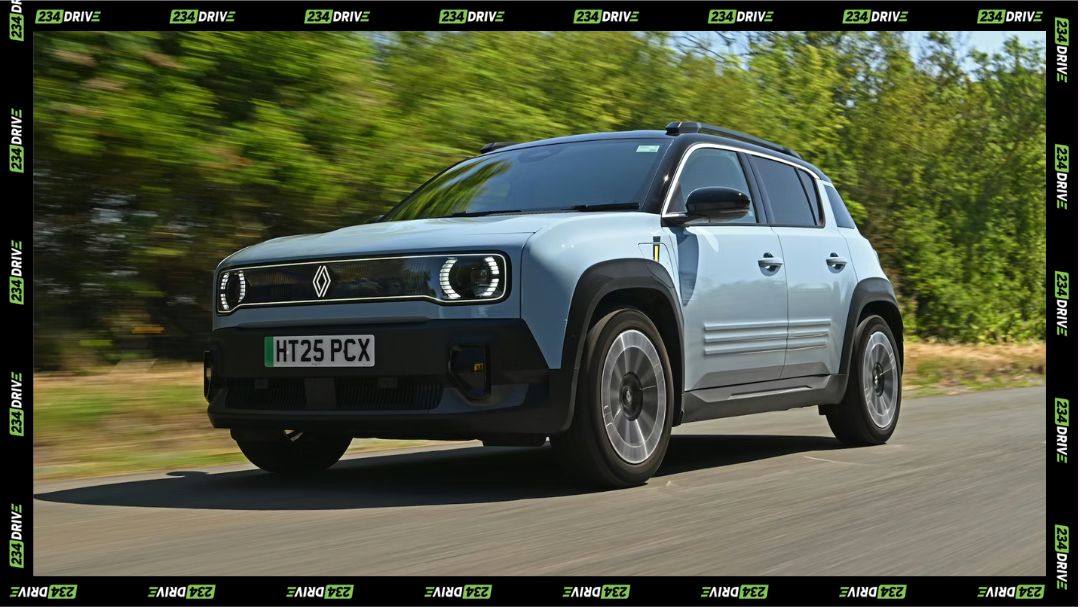Wuling Motors, a leading Chinese automaker under the SAIC-GM-Wuling joint venture, has made a bold entry into Nigeria’s automotive market with a lineup of compact and affordable electric vehicles (EVs). Distributed exclusively by CIG Motors, these vehicles are designed to offer Nigerians an eco-friendly alternative to petrol-powered cars at a time when fuel prices are soaring and sustainable mobility is gaining momentum. Since their arrival in 2023, Wuling EVs have captured attention for their balance of affordability, efficiency, and compact urban-focused design.
The brand’s most recognised offerings in Nigeria include the Wuling Bingo EV (in both sedan and SUV versions), the Wuling Macaron Mini EV, the Wuling Air EV, and the Wuling YEP E260S. With prices ranging from ₦35 million to ₦40 million, these models provide a budget-friendly entry point to EV ownership in Nigeria. This article explores each model’s exterior and interior features, performance, pricing, and relevance to Nigeria’s driving conditions, while also comparing them to key rivals in the segment.
Wuling Bingo EV
Exterior Design and Styling
The Wuling Bingo EV is the flagship of the lineup and is available in sedan and SUV body styles. It carries a modern, minimalist exterior with smooth body lines, compact proportions, and a choice of vibrant colors like red, white, green, dawn pink, and latte white. The SUV variant sits slightly higher, offering better ground clearance for Nigeria’s uneven roads. Measuring 4090 mm in length with a 2610 mm wheelbase, it is well-suited for city driving while maintaining a balanced road presence.

The Bingo’s styling emphasises urban practicality. LED headlamps, integrated fog lights, and alloy wheels enhance its appeal, while the SUV form adds a slightly more rugged look for customers who want an entry-level EV with extra flexibility. Overall, its design positions it as a stylish yet approachable car for Nigeria’s young and eco-conscious buyers.
Interior, Technology, and Performance
Inside, the Wuling Bingo EV combines simplicity with comfort. A 7-inch infotainment display, parking camera, and USB/aux input are standard, while higher trims add leather seats, cruise control, keyless start, and air conditioning. Safety features include Anti-lock Braking System (ABS),Electronic Brakeforce Distribution (EBD), Electric Power Steering (EPS), airbags, and collision warning systems. The cabin’s ergonomic design makes it comfortable for daily commutes in crowded cities like Lagos and Abuja.

Performance-wise, the Bingo EV comes with multiple battery options: 31.9 kWh (330 km range), 37.9 kWh (401 km), and 50.6 kWh (510 km). Its 75 kW motor produces 100 hp and 180 Nm of torque, enabling 0–50 km/h in 3.7 seconds, with a maximum speed of 100 km/h. Prices range from ₦36 million for the sedan to about ₦40 million for the SUV. Charging takes 10–12 hours at home with AC, while DC fast charging cuts this to under an hour.
Wuling Macaron Mini EV
Exterior Design and Styling
The Macaron Mini EV is Wuling’s smallest offering, designed as a microcar for short-distance city use. Its playful styling, compact hatchback proportions, and availability in youthful color options give it a unique presence on Nigerian streets. Despite its small footprint, it comes with alloy wheels and speed-sensing locks, lending it a surprising level of sophistication for its class.

This model is particularly well-suited to dense traffic environments and narrow roads. Its compactness makes it easy to maneuver, while its design has earned it attention as an affordable yet stylish urban commuter.
Interior, Technology, and Performance
Inside, the Macaron Mini EV prioritises practicality with fabric or synthetic leather seats, FM/AM radio, and front speakers for entertainment. The four-seater layout and 310L trunk capacity make it functional for light commuting. While not as tech-heavy as the Bingo, it provides essential comforts for everyday driving.

Performance comes from a battery pack that delivers up to 300 km per charge. The vehicle produces around 68 hp with front-wheel drive, offering smooth acceleration for city speeds. It is among the cheapest EVs available in Nigeria, appealing to young drivers and budget-conscious families.
Wuling Air EV
Exterior Design and Styling
The Wuling Air EV is a slightly larger compact hatchback that blends modern styling with everyday functionality. Its exterior design is clean and efficient, featuring rounded edges, simple LED lighting, and a balanced profile that makes it practical for Nigeria’s busy roads. This model’s understated design gives it a subtle yet respectable road presence.

It is popular in both brand-new and foreign-used forms, often appearing in Abuja dealerships as an affordable second-hand option. The Air EV’s approachable design makes it one of the easiest models for new EV users to transition into.
Interior, Technology, and Performance
Inside, the Air EV shares many similarities with the Bingo, offering a minimalist but practical cabin. Features include an entertainment LCD display, air conditioning, airbags, and comfortable seating for daily commutes. The layout focuses on ease of use, appealing to buyers seeking affordability without unnecessary complexity.
The Air EV uses a 32 kWh battery with a range of about 333 km per charge. With 68 hp and a top speed of 100 km/h, it is positioned as a practical city commuter. Prices average around ₦35 million, making it one of the most accessible options in Wuling’s Nigerian lineup.
Wuling YEP E260S
Exterior Design and Styling
The Wuling YEP E260S is a compact EV with a sportier appearance compared to the Air and Macaron models. Its design emphasises versatility, with sharper lines and a more rugged aesthetic that appeals to buyers seeking a slightly bolder look. Though not as widely distributed yet, it signals Wuling’s intent to expand its range.

Its estimated range is up to 300 miles, though detailed specifications for the Nigerian market remain limited. Nonetheless, its styling suggests it will compete favorably with compact crossovers when more units become available locally.
Interior, Technology, and Performance
While limited information is available for Nigeria, the YEP E260S is expected to feature essential urban conveniences similar to the Bingo and Air models. Its performance is designed for urban commuting, with a balance of practicality and comfort. Pricing has not been clearly established, but it is positioned as a mid-range option within Wuling’s portfolio.

Why These Cars Work (or Don’t) in Nigeria
Wuling EVs provide practical solutions for Nigeria’s urban driving challenges. Their compact dimensions and limited top speeds (around 100 km/h) make them ideal for city use but less suitable for highway travel. With ranges between 300–510 km, they cover typical daily commutes comfortably, though traffic and poor road conditions can affect efficiency. Charging infrastructure remains limited, but partnerships with real estate developers and banks aim to expand access to charging stations.
In terms of climate, Nigeria’s warm weather poses minimal challenges to battery performance compared to colder regions. Maintenance is simplified by the absence of oil changes and spark plugs, reducing long-term costs. Prestige also plays a role in owning a Wuling EV signals modernity and environmental awareness, appealing to upwardly mobile Nigerians looking to make a statement while saving on fuel.
Rivals, Costs, Resale, and Maintenance
When compared to rivals, Wuling EVs are priced lower than most alternatives. Competitors like BYD or Hyundai Kona EVs often come at higher price points, though they may offer faster speeds or larger dimensions. Wuling instead positions itself as a cost-effective solution, prioritising affordability and efficiency over outright performance.
In terms of resale value and durability, the compact nature of Wuling EVs means they may depreciate faster than more established brands. However, their low running costs and simplicity could make them attractive as second-hand cars once battery health is verifiable. Maintenance costs are significantly reduced compared to petrol vehicles, making them an attractive long-term investment for urban commuters.
Conclusion
Wuling’s entry into Nigeria with models like the Bingo EV, Macaron Mini EV, Air EV, and YEP E260S highlights a shift toward affordable electric mobility in the country. These cars offer modern styling, practical ranges, and significant cost savings on fuel and maintenance. While challenges like limited charging infrastructure and modest performance persist, Wuling EVs are positioned as a practical, eco-friendly choice for Nigeria’s urban drivers.
With expansion plans, dealership investments, and celebrity endorsements, the brand is steadily growing its presence. For Nigerians seeking affordable entry into the EV space, Wuling provides a compelling lineup. What are your thoughts on the future of electric cars in Nigeria—would you consider a Wuling EV for your daily commute?


